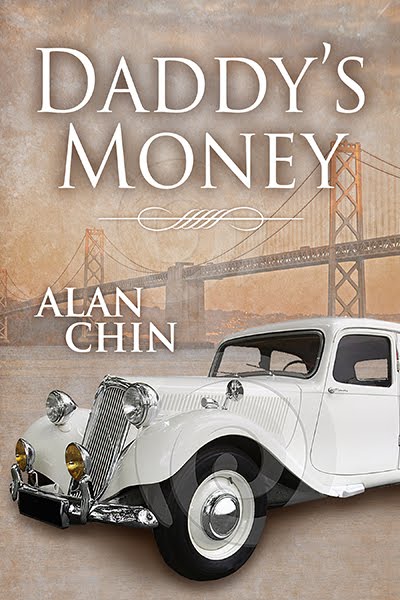I’ve been reading Durant’s Story of Civilization V1, The Reformation. It seems there were two key figures that launched the Reformation in Germany, Luther and Erasmus. Although I admire Erasmus much more than Luther, in philosophy and approach, I must admit I found the following summation of Luther both enlightening and a beautiful piece of writing.
Those years were among the most momentous in history, and Luther had been their strident and dominant voice. His faults were many. He lacked appreciation of the historic role that the Church had played in civilizing northern Europe, lacked understanding of mankind’s hunger for symbolic and consolatory myths, lacked the charity to deal justly with his Catholic or Protestant foes. He freed his followers from an infallible pope, but subjected them to an infallible book; and it has been easier to change the popes than the book. He retained the most cruel and incredible dogmas of medieval religion, while allowing almost all its beauty to be stamped out in its legends and its art, and bequeathed to Germany a Christianity no truer than the old one, far less joyous and comforting, only more honest in its teaching and personnel. He became almost as intolerant as the Inquisition, but his words were harsher than his deeds. He was guilty of the most vituperative writing in the history of literature. He taught Germany the theological hatred that incarnadined its soil until a hundred years after his death.
And yet his faults were his success. He was a man of war because the situation seemed to demand war, because the problems he attacked had for centuries resisted all the methods of peace. His whole life was a battle—against the sense of guilt, against the Devil, the Pope, the Emperor, Zwingli, even against the friends who would have compromised his revolt into a gentlemanly protest politely heard and carefully forgotten. What could a milder man have done against such handicaps and powers? No man of philosophic breadth, no scientific mind restricting belief to the evidence, no genial nature making generous allowances for the enemy, would have flung down so world-shaking a challenge, or would have marched so resolutely, as if in blinders, to his goal. If his predestinarian theology was as repugnant to reason and human kindness as any myth or miracle in the medieval faith, it was by this passionate irrationality that it moved the hearts of men. It is hope and terror that make men pray, not the evidence of things seen.
It remains that with the blows of his rude fist he smashed the cake of custom, the shell of authority, that had blocked the movement of the European mind. If we judge greatness by influence—which is the least subjective test that we can use—we may rank Luther with Copernicus, Voltaire, and Darwin as the most powerful personalities in the modern world. More has been written about him than about any other modern man except Shakespeare and Napoleon. His influence on philosophy was tardy and indirect; it moved the fideism of Kant, the nationalism of Fichte, the voluntarism of Schopenhauer, the Hegelian surrender of the soul to the state. His influence on German literature and speech was as decisive and pervasive as that of the King James Bible on language and letters in England. No other German is so frequently or so fondly quoted. Along with Carlstadt and others, he affected the moral life and institutions of Western man by breaking away from clerical celibacy, and pouring into secular life the energies that had been diverted to monastic asceticism, idleness, or piety. His influence lessened as it spread; it was immense in Scandinavia, transitory in France, superseded by Calvin’s in Scotland, England, and America. But in German it was supreme; no other thinker or writer cut so deep a mark in German history, and his countrymen loved him no less because he was the most German German of them all.
























.jpg)